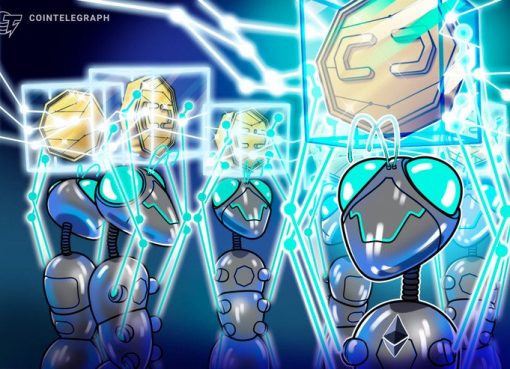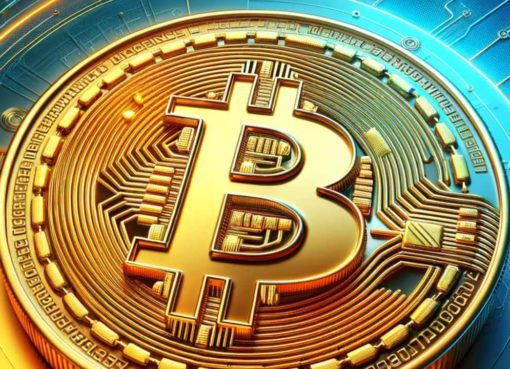As we approach the end of 2020, the blockchain industry is experiencing another resurgence. Bitcoin prices are hovering around all-time highs, decentralized finance, or DeFi, is exploring new offerings seemingly every week and tech stalwarts such as PayPal are integrating crypto into their offerings.
These developments are positive news as we continue our efforts to build out the infrastructure of the future. They also surface areas of design and development in which we need to conduct additional research.
Stephanie Hurder, a CryptoX columnist, is a founding economist at Prysm Group, an economic advisory focused on the implementation of emerging technologies, and an academic contributor to the World Economic Forum. She has a PhD in Business Economics from Harvard.
This week, along with partners at the World Economic Forum and Latham & Watkins LLP, we published the report “Bridging the Governance Gap: Dispute Resolution for Blockchain-Based Transactions.”
While more and more projects have invested in research and development related to governance, the area of dispute resolution, particularly for on-chain transactions, has been less frequently addressed. Focusing on enterprise applications and examining examples across industries, the report details the economic and legal importance of dispute resolution and presents a framework for types of dispute resolution systems.
- Private In-Network Resolution, in which disputes are resolved by the network operator or a committee of a network
- Private In-Network Resolution, in which disputes are resolved by the network operator or a committee of a network
- Semi-Private Industry Fora, in which disputes are resolved by industry participants who may participate in resolving other disputes
- Litigation, in which disputes are resolved in court in the applicable legal system
Common to all of these models of dispute resolution is that individuals, with varying degrees of expertise, will need to be involved in adjudicating the disputes. These individuals can be members of the network itself, industry participants or participants in the legal system with jurisdiction.
The reason for this is an economic concept called contractual incompleteness. In any agreement or contract there are circumstances that cannot be anticipated and accounted for in the initial design. When these events take place, participants may not know what to do or they may want to renegotiate and determine a new course of action.
What this means for blockchain projects is the initial protocol or project code is never going to be a complete and comprehensive specification of what should occur in every circumstance. Unanticipated events and upgrades will need to be addressed by people.
These types of unanticipated unknowns are also what drive the need for governance. As we have seen this year in DeFi, projects that attempt entirely new endeavors frequently face hacks and unexpected events.
According to Prysm Group analysis, as of June 2020 over 5% ($50 million) of the $1 billion locked in DeFi projects at the time had been compromised by hacks and other unanticipated platform exploits. Since then, as the total value locked in DeFi projects has grown almost 15 times, projects have continued to be compromised via technical and economic hacks, ranging from re-entrancy to oracle manipulation. In each of these cases, the stakeholders of projects had to work among themselves and with others to diagnose the problem, propose upgrades and re-evaluate depending on unpredictable results in ways that they did not anticipate needing to do.
See also: Stephanie Hurder – The Fourth Era of Blockchain Governance
While blockchain projects are technical innovations, they are also economic ones. Studies such as the World Economic Forum report can show us that ultimately, at least for now, systems will perform better with pre-specified, designated places to include human judgment. The report highlights the importance of including dispute resolution as a core element of enterprise blockchain projects.
Will blockchain outgrow or evolve out of the need for governance and dispute resolution? Most likely not. As blockchain as an industry matures and design improves, projects are also growing more interdependent. Taking DeFi as an example, lending and trading products almost always rely on multiple layers of lent and borrowed existing tokens and protocols as the collateral for their own products. These interdependencies make it more difficult to anticipate all potential events that can occur and predict the trickle-down impacts of an unexpected shock to a single entity in the industry.
As complexity increases, the impact of contractual incompleteness will only increase over time. Anticipating all the ways that an ecosystem of complex protocols and systems may interact – and misfire – will only be more difficult. And, at least for the foreseeable future, the only solution to alleviate this is systems such as governance and dispute resolution, which apply good old human judgment.




